Search Articles
Browse Content (p. 17)

Article
Clocks in the Scientific Revolution
Keeping good time proved an elusive objective for centuries, and it was only in the second half of the 17th century, during the Scientific Revolution (1500-1700), that clocks were made which lost seconds rather than minutes each day. The...
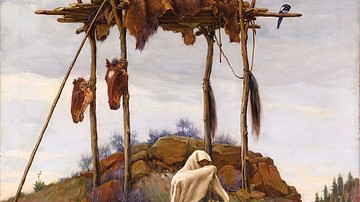
Article
The Man Who Wrestled with a Ghost
The Man Who Wrestled with a Ghost (also given as The Indian Who Wrestled with a Ghost) is a Teton Sioux tale on how one should interact with the spirits of the dead in circumstances where one cannot avoid them. It is one of the best-known...
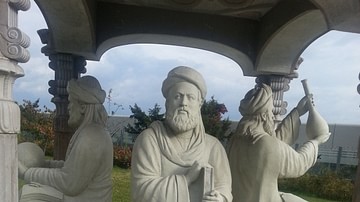
Article
Ibn Sina, Biruni, and the Lost Enlightenment
Ibn Sina and Biruni were two of the most outstanding thinkers to have lived between ancient Greece and the European Renaissance. These two giants of a lost era of enlightenment were born in Central Asia about the year 980. For six hundred...
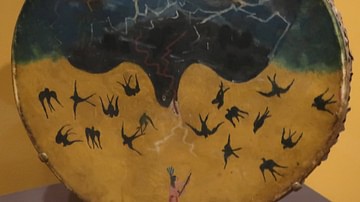
Article
The Ghost Wife
The Ghost Wife is a Pawnee story dealing with loss, grief, the inability to let go of the past, and the danger of dealing with ghosts. It reflects the Pawnee understanding of the unpredictable nature of life, the certainty of death, and the...
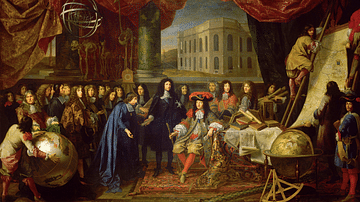
Article
Observatories in the Scientific Revolution
The foundation of observatories during the Scientific Revolution (1500-1700) followed a process of evolution from entirely independent observatories operated by a single astronomer to private observatories which received state or private...
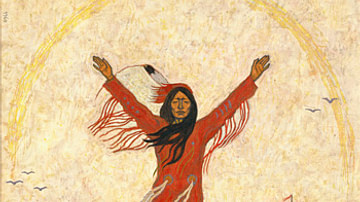
Article
Seven Sacred Rites of the Lakota Sioux
The Seven Sacred Rites of the Lakota Sioux (Seven Sacred Rites of the Lakota Oyate) are the spiritual observances of the Native American Sioux nation that maintain their relationship with the Great Mystery/Great Spirit Wakan Tanka, the creative...
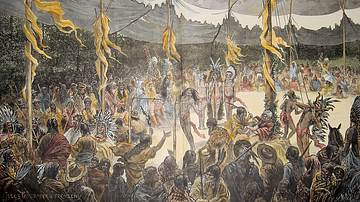
Article
Hidatsa Sun Dance Ritual
The Hidatsa Sun Dance Ritual (also known as Hidatsa Sun Dance) is a Native American story of the Hidatsa nation illustrating the practice of an individual initiating the Sun Dance for personal reasons, in this case, to win the hand of the...
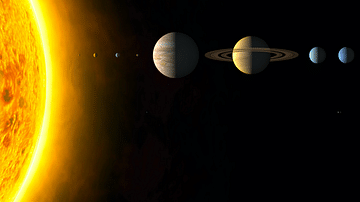
Article
Astronomy in the Scientific Revolution
The astronomers of the Scientific Revolution rejected long-held theories of ancient thinkers like Claudius Ptolemy and Aristotle and instead set out to systematically observe the heavens in order to create a model of the universe that fit...

Article
Native American Concept of Land Ownership
The Native American concept of land ownership differs significantly from that of the European settlers who colonized the Americas or their descendants in that land could not be owned, only stewarded and lived with. The Earth is understood...
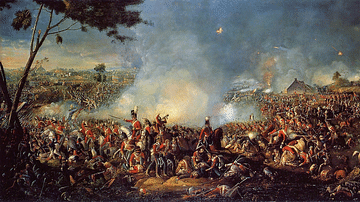
Article
Battle of Waterloo
The Battle of Waterloo (18 June 1815) was the last major engagement of the Napoleonic Wars (1803-1815), fought by a French army under Emperor Napoleon I (r. 1804-1814; 1815) against two armies of the Seventh Coalition. Waterloo resulted in...